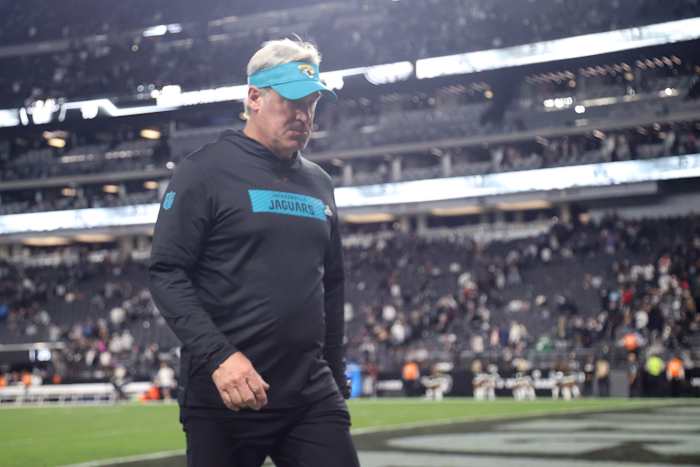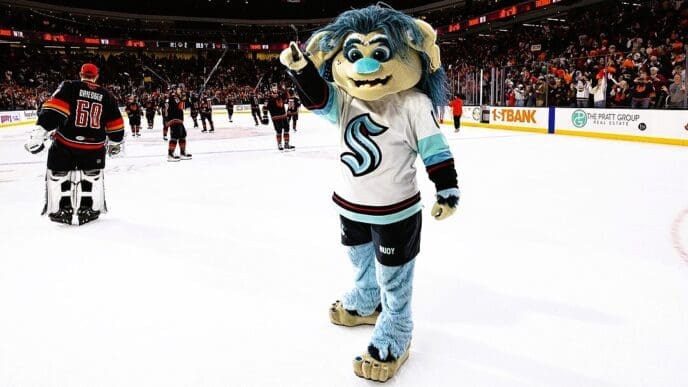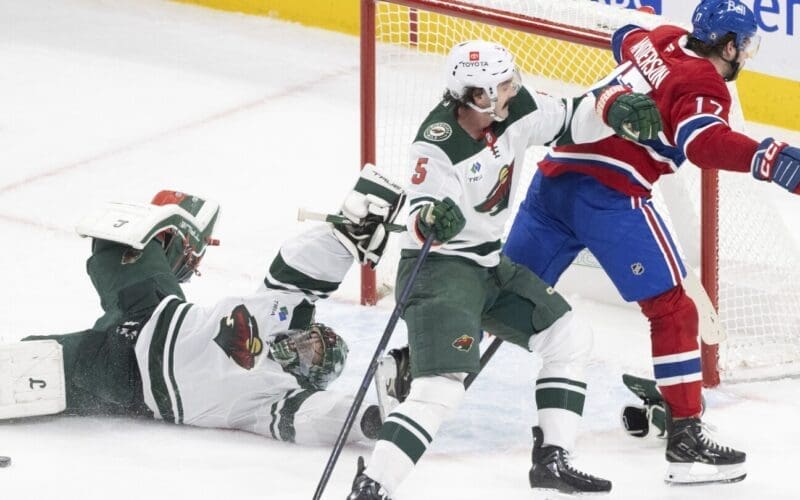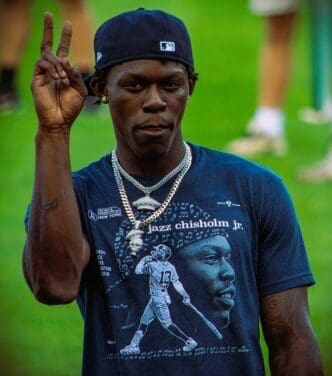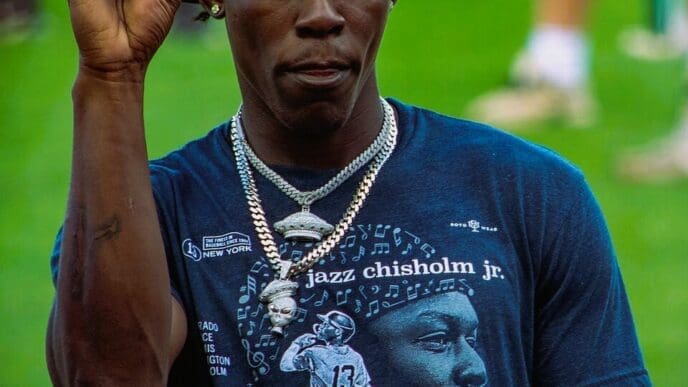The Jacksonville Jaguars’ recent performance in the NFL has sparked discussions on the necessity of reevaluating key leadership roles within the team.
Recent losses indicate that wins and losses have become secondary for the Jaguars this season, as their playoff aspirations have already dissipated. Despite this reality, player development and draft positioning offer some consolation. However, even if the team ends the year with a series of victories, the underlying issues may overshadow any temporary success, failing to evoke a sense of enthusiasm among fans.
The blame for the current situation has been widely debated, focusing primarily on the coaching staff led by Doug Pederson and the players. However, holding coaches accountable may be an oversimplified solution. The nature of sports often places coaches in the spotlight during failures, making them easy targets for criticism. Replacing a coach is frequently turned to as a solution to imbue the locker room with new energy.
In reality, the situation is more nuanced. A series of unfortunate incidents, such as costly mistakes during key moments against Miami, Philadelphia, and Green Bay, have heavily influenced the Jaguars’ season. Despite changes in the defense’s coaching personnel and player lineup, mistakes linger, suggesting deeper systemic issues. Criticizing players may also be an oversimplification, with many attributing these recurring problems to the architects of the team’s roster.
At the center of this contention is General Manager Trent Baalke. The current roster, largely constructed under his tenure, reflects his ongoing influence. Despite changes in coaching staffs, the Jaguars’ weaknesses have persisted, raising questions about Baalke’s long-term vision and adaptability. His decisions demonstrate a reliance on certain traditional scouting philosophies that may not align with the modern game’s evolutions.
Baalke’s strategic choices in draft selections and free agency have had mixed results. While some drafts under his leadership yielded solid talent, these additions did not substantially elevate the team’s competitive standing. Furthermore, Baalke’s approach in free agency often involved overpaying to secure players aimed at enhancing team stability rather than pushing the Jaguars toward a winning edge.
Therefore, while public scrutiny largely targets coaches and players, the intricacies of team building highlight the responsibilities of a general manager. Recent speculation about Baalke’s future with the team has spurred conversations about potential resignations, retirements, or other departures. Whatever path is chosen, it appears evident that a shift in the general managerial approach is necessary to forge a new trajectory for the Jaguars.
The call for a new general manager suggests a recognition that adaptation is crucial for enduring success in the NFL. As the sport evolves, so too must the strategies and philosophies guiding team management. Without such changes, the Jaguars risk remaining in a cycle of underachievement, regardless of the efforts put forth by coaches and players each game day.
It is clear that addressing leadership dynamics, particularly the role of general manager, is vital to the Jacksonville Jaguars’ future success. Change in this area may well be the key to unlocking the team’s full potential and achieving lasting progress.
Source: News4jax

